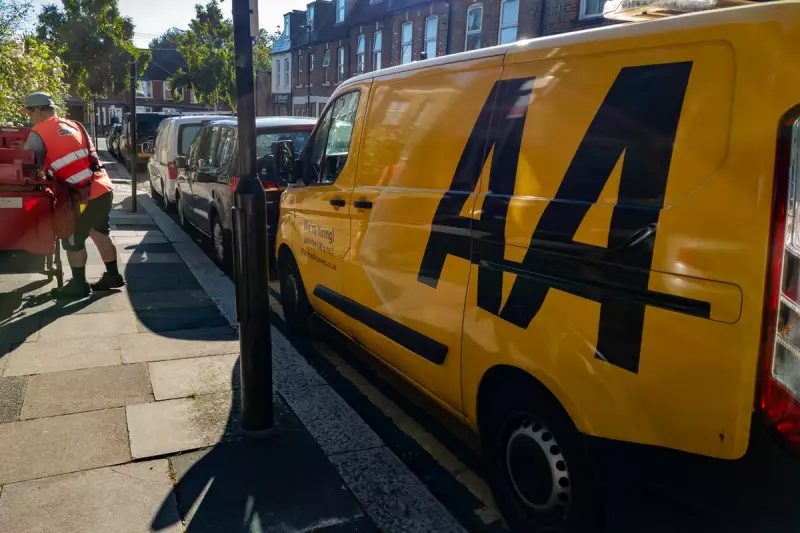
In a surprising turn of events that challenges conventional wisdom about electric vehicles, new data from Britain's largest breakdown organisation reveals that EVs are proving more reliable than their petrol-powered counterparts.
The Numbers Don't Lie
The AA, which handles approximately 10,000 callouts for electric vehicles annually, has reported that battery-powered cars require roadside assistance significantly less frequently than traditional combustion engine vehicles. While electric cars account for roughly 2% of the 13 million breakdowns the AA attends each year, they represent about 4% of the vehicles on UK roads.
Breaking Down the Breakdowns
According to Edmund King, AA president, the statistics tell a compelling story: "The percentage of EV callouts is half that of petrol vehicles, which is impressive given the rapid growth in EV adoption."
The most common issues plaguing electric vehicles differ substantially from traditional breakdown causes:
- Tyres and wheels - accounting for more than 20% of EV callouts
- 12-volt batteries - surprisingly similar issues to conventional cars
- Key and locking problems - affecting drivers across all vehicle types
Charging Anxiety vs Reality
Contrary to popular concerns, running out of charge represents only a small fraction of EV breakdowns. King notes that "less than 4% of our EV callouts are for charging issues, and about half of those involve drivers simply running out of power."
The AA has equipped over 2,000 patrol vans with specialist EV equipment, capable of providing sufficient charge in approximately 90 minutes of charging time to get most stranded drivers to their destination or the nearest charging point.
The Future of Roadside Assistance
As the UK's electric vehicle fleet continues to expand rapidly, the AA's data provides reassuring evidence for prospective EV owners. With fewer mechanical components to fail and simpler drivetrains, electric vehicles appear to be rewriting the rules of automotive reliability.
The organisation's evolving response strategy includes mobile charging units and enhanced technician training, ensuring they remain prepared for the continuing transition toward electric mobility on Britain's roads.





